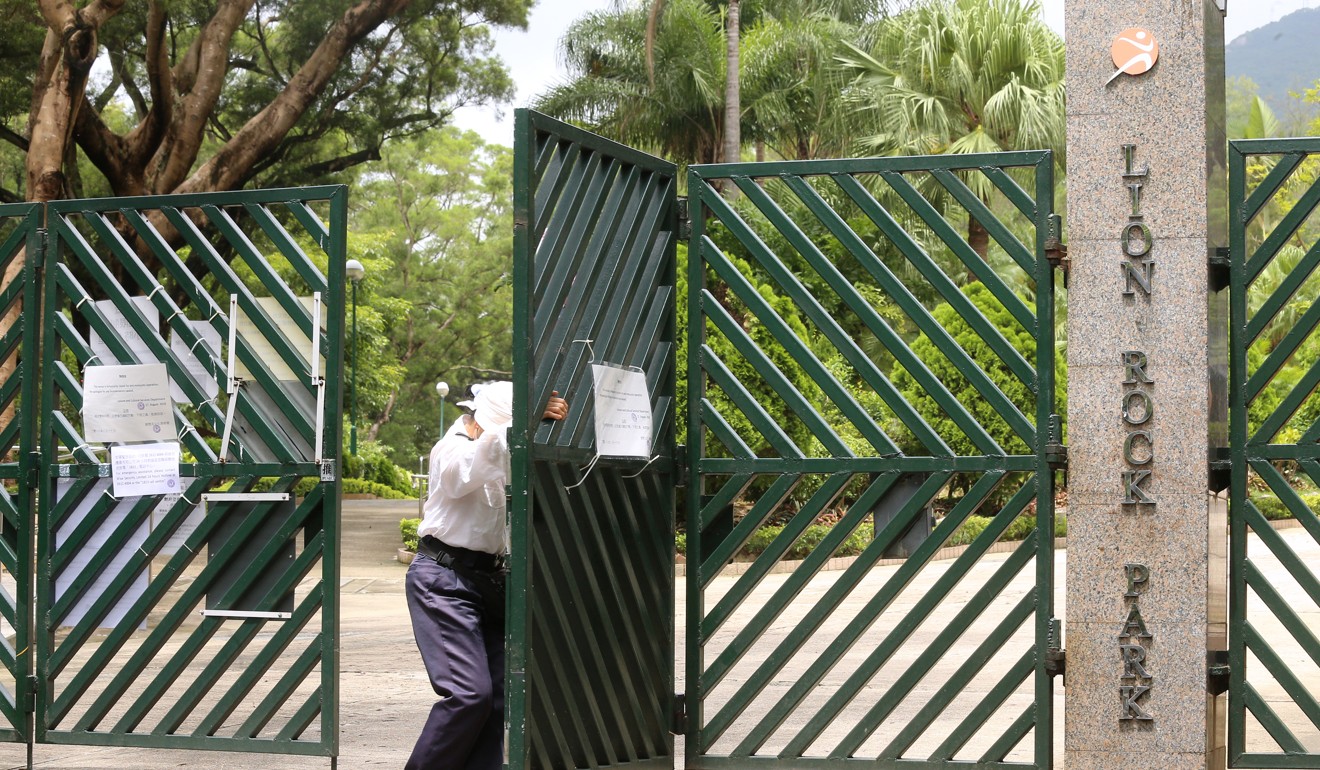
Delay in mosquito monitoring system needs to be fixed, says Hong Kong microbiologist as he calls city’s dengue fever infection rate ‘a bit intimidating’
University of Hong Kong’s Dr Ho Pak-leung calls on government to act as available data on mosquito numbers is always a month behind
A top microbiologist in Hong Kong has urged the government to introduce real-time monitoring of mosquitoes that could spread dengue fever in the city, as authorities on Saturday discovered four additional cases of those infected with the virus.
Calls from University of Hong Kong expert Dr Ho Pak-leung came after the city recorded 15 cases of people who had been infected locally with the virus between Tuesday and Saturday.

The park, which was visited by 13 of the 15 people infected, was believed to be the source of infection for most cases.
Of the four additional cases on Saturday, two patients worked at the park. The other two – a 69-year-old woman and 61-year-old man – also visited the park frequently for walks during the incubation period.
Describing the fact there was more than one source of local infections as “a bit intimidating”, Ho said the government should improve its mosquito surveillance system.
Presently, the government assesses the health risks imposed by adult Aedes albopictus, a type of mosquito that could spread dengue fever, through the Ovitrap index.
The index, measured by the Food and Environmental Hygiene Department, detects the presence of adult Aedes albopictus at 57 locations across the city, but the data is only available to the public up to the previous month.
“If I was informed a month later [about the index], it is a bit lagging behind in terms of prevention against dengue fever,” Ho told a radio show on Saturday.
He said a quicker announcement on the data would allow the public to have more up-to-date information on which areas had been worst hit by the problem.

Meanwhile, Ho said the government should also consider introducing other kinds of indexes during the summer months when mosquito breeding tends to spike.
Suggestions included indexes that monitored mosquito pupae and larvae, something which is also recommended by the World Health Organisation.
“Indexes measuring mosquito larvae or pupae might be even better in reflecting the risk of dengue fever outbreak,” said Ho, referring to lessons learned in other parts of Southeast Asia where dengue fever is rampant.
Government officials warned the public earlier that there might be more infections to be identified in the next two weeks.

